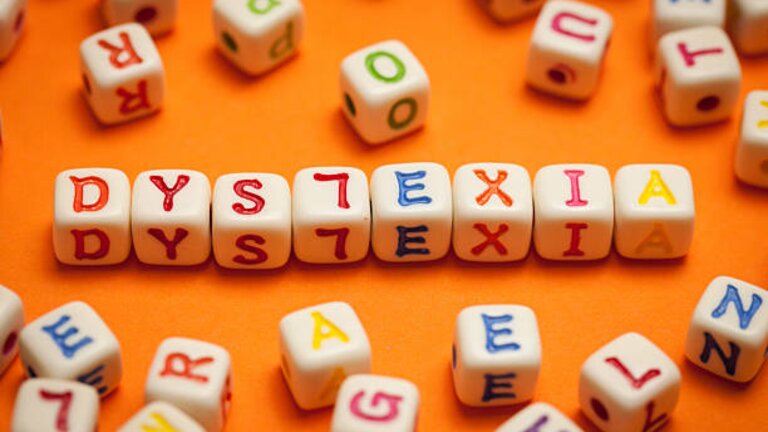Diagnosing dyslexia can be a complex process that involves a range of assessments, including intelligence tests, reading tests, and language assessments. A comprehensive evaluation is needed to determine if a person has dyslexia and to rule out other conditions that may be causing their reading difficulties. A formal diagnosis of dyslexia can only be made by a qualified professional, such as a psychologist or an educational specialist.

Dyslexia is a learning disorder that affects a person's ability to read, write, and spell. It is a neurological condition that impacts the way the brain processes written language. Dyslexia is not related to intelligence, but it can have a significant impact on a person's education, employment, and social life.
Causes of Dyslexia
The exact causes of dyslexia are not fully understood, but it is believed to be a combination of genetic and environmental factors. Research suggests that dyslexia is more common in families with a history of reading difficulties. Brain imaging studies have shown that individuals with dyslexia have differences in the way their brains process language compared to those without the condition. These differences are thought to be related to the way the brain processes sound, particularly in the left hemisphere.
Diagnosis of Dyslexia
Diagnosing dyslexia can be a complex process that involves a range of assessments, including intelligence tests, reading tests, and language assessments. A comprehensive evaluation is needed to determine if a person has dyslexia and to rule out other conditions that may be causing their reading difficulties. A formal diagnosis of dyslexia can only be made by a qualified professional, such as a psychologist or an educational specialist.
Management of Dyslexia
There is no cure for dyslexia, but there are a variety of interventions that can help individuals with dyslexia to improve their reading skills and overcome some of the challenges associated with the condition. These interventions may include:
-
Reading interventions: There are several different reading interventions that can be used to help individuals with dyslexia improve their reading skills. These may include phonics instruction, multisensory reading programs, and computer-based reading programs.
-
Assistive technology: Assistive technology can help individuals with dyslexia to access written information more easily. This may include text-to-speech software, speech recognition software, and electronic reading devices.
-
Educational support: Individuals with dyslexia may benefit from additional educational support, such as extra time on exams or a classroom aide to assist with reading and writing tasks.
Strengths of Dyslexia
While dyslexia can be a significant challenge, many individuals with dyslexia also have unique strengths and abilities. These may include:
1. Creativity: Many individuals with dyslexia have a strong creative side and are often gifted in the arts or music.
2. Problem-solving: Individuals with dyslexia often have excellent problem-solving skills and can think outside the box to find solutions to complex problems.
3. Visual thinking: Many individuals with dyslexia are visual thinkers and can process information in a more holistic way.
